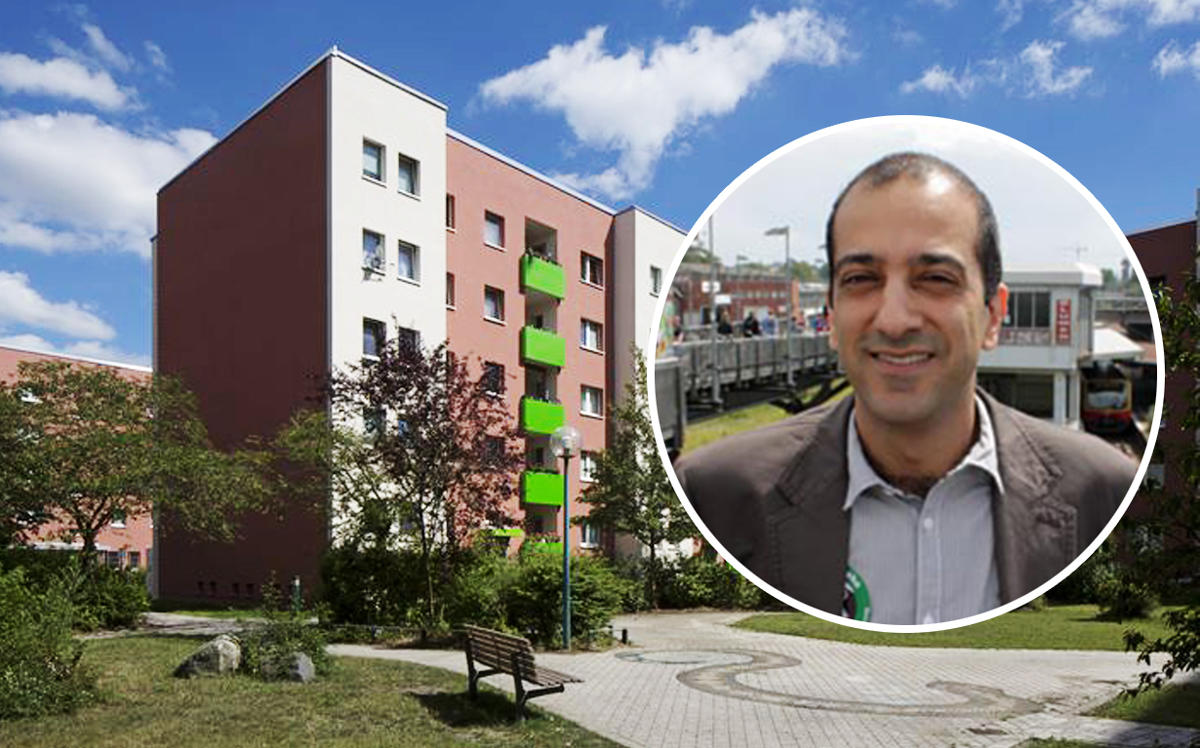“Are we heading back to socialism now?” asked Germany’s largest tabloid, Bild, earlier this month.
The reason? A referendum initiative in Berlin is seeking to expropriate 200,000 homes from the city’s biggest landlords and convert them into social housing, The Nation reports.
The proposal, known as “Expropriate Deutsche Wohnen and Co,” would affect a total of 10 companies, each of which owns at least 3,000 units in the rapidly-gentrifying German capital.
“Resistance against gentrification has grown so much stronger in the last 10 years. It has been proven that protest pays off,” the founder of the initiative, Rouzbeh Taheri, told The Nation.
The company specifically called out in the name of the proposal, Deutsche Wohnen, is Berlin’s largest private-property owner. Deutsche Bank founded the company in 1998, and it now owns 110,000 apartments in Berlin. Asset manager BlackRock owns more than a 10 percent stake in the company, making it Deutsche Wohnen’s largest shareholder.
The official referendum campaign will begin next month, and will need to collect 170,000 signatures as a first step in the process. A long legal battle will likely follow, and the city would have to determine how much to pay the landlords as compensation. If approved, the referendum would be held sometime next year.
If the referendum succeeds, it would mark the first use in 70 years of Article 15 of the German Constitution, which allows for nationalization of private property.
The city of Berlin privatized about 200,000 units between 1989 and 2004, after the end of the Cold War. Rents have more than doubled in the past decade as the city has evolved into a world hipster capital.
The Berlin anti-gentrification movement has established ties with groups around the world, including anti-Amazon protesters in New York.
“We can learn from each other. And I hope we will talk soon about the socialization of Facebook, Google, and Amazon and others. But for now, in Berlin, it’s about housing companies,” said Nina Scholz, a Berlin-based journalist who supports the initiative. [The Nation] — Kevin Sun
